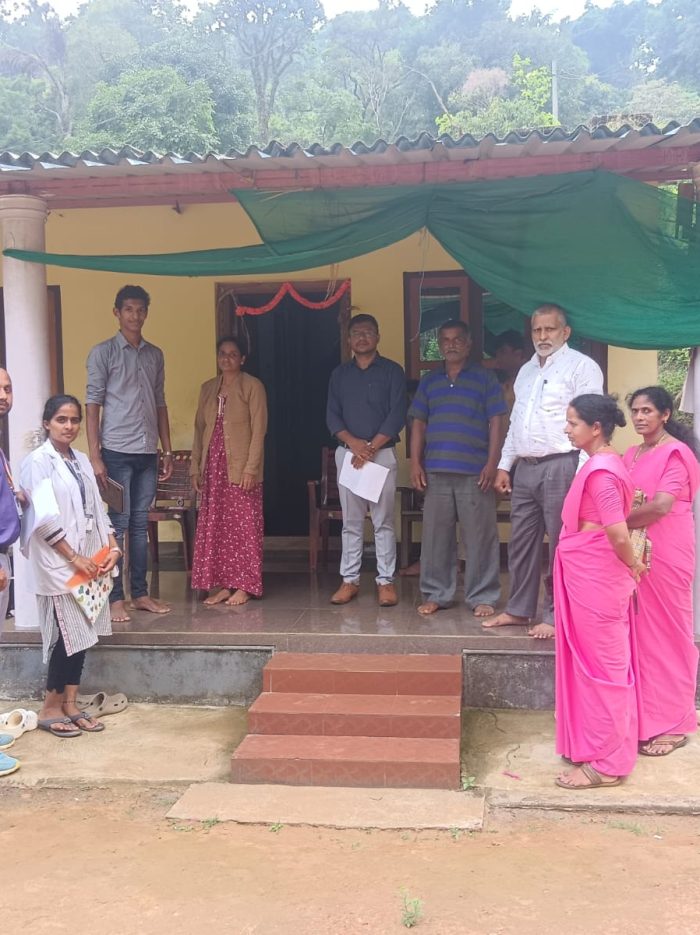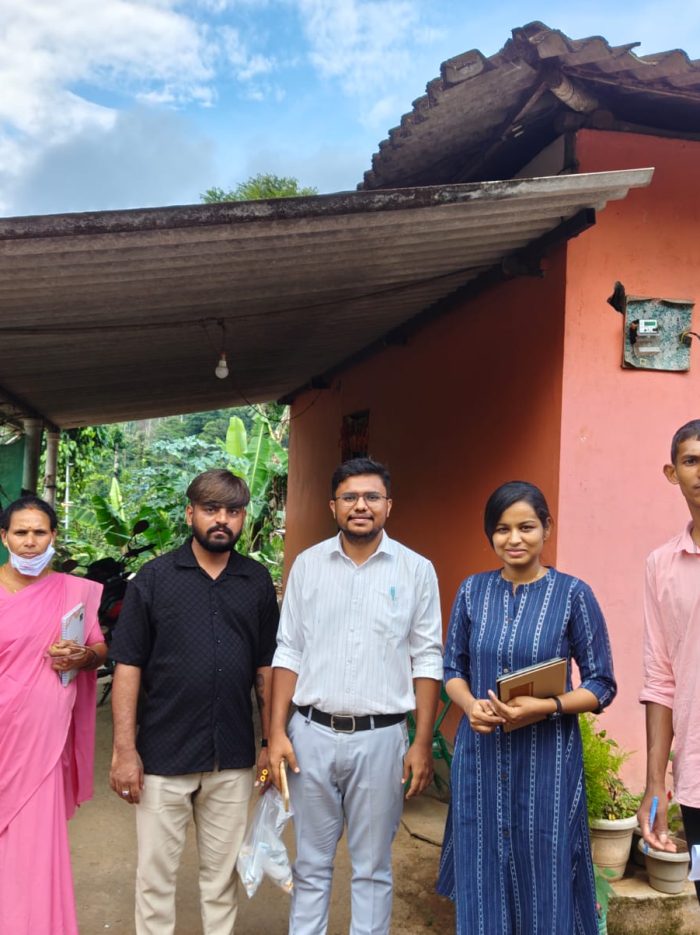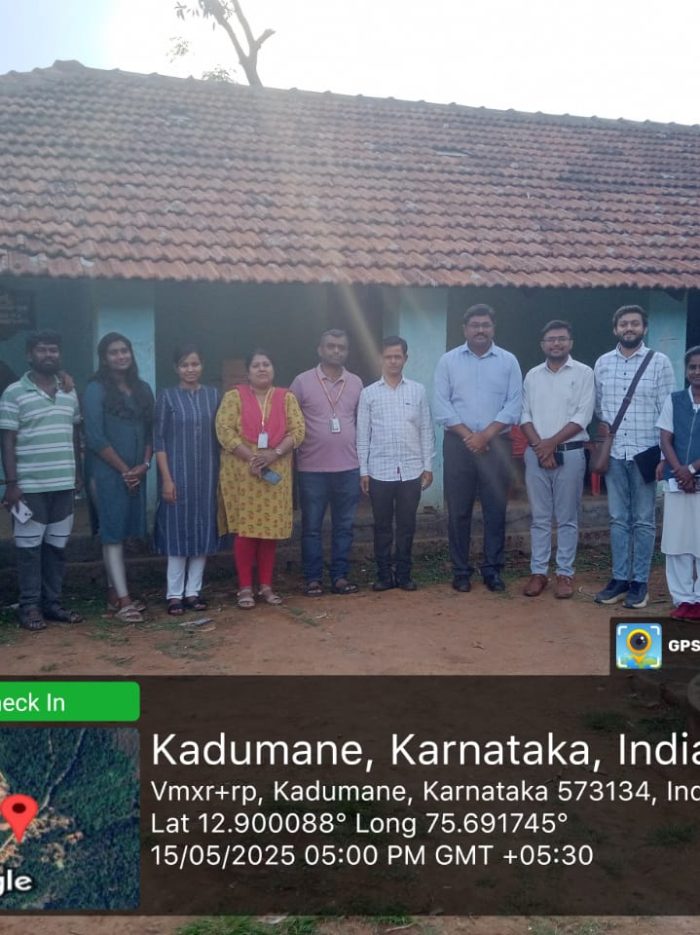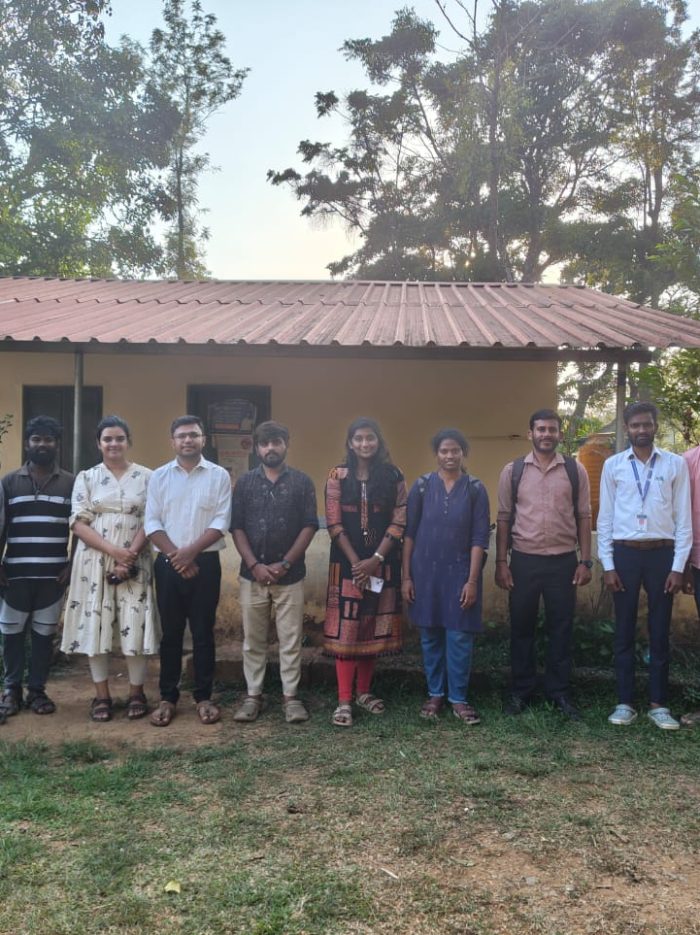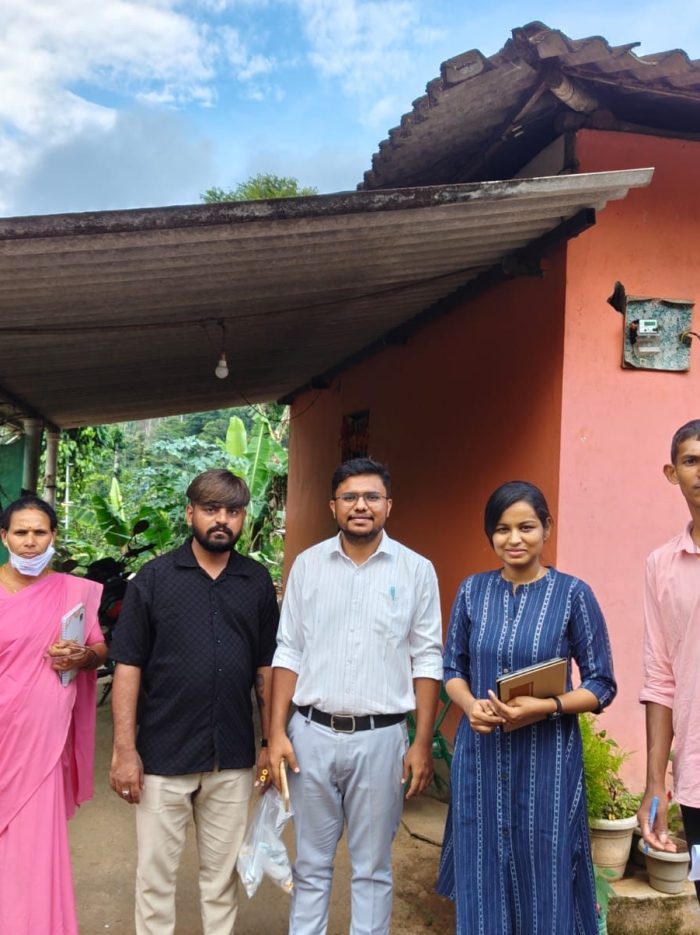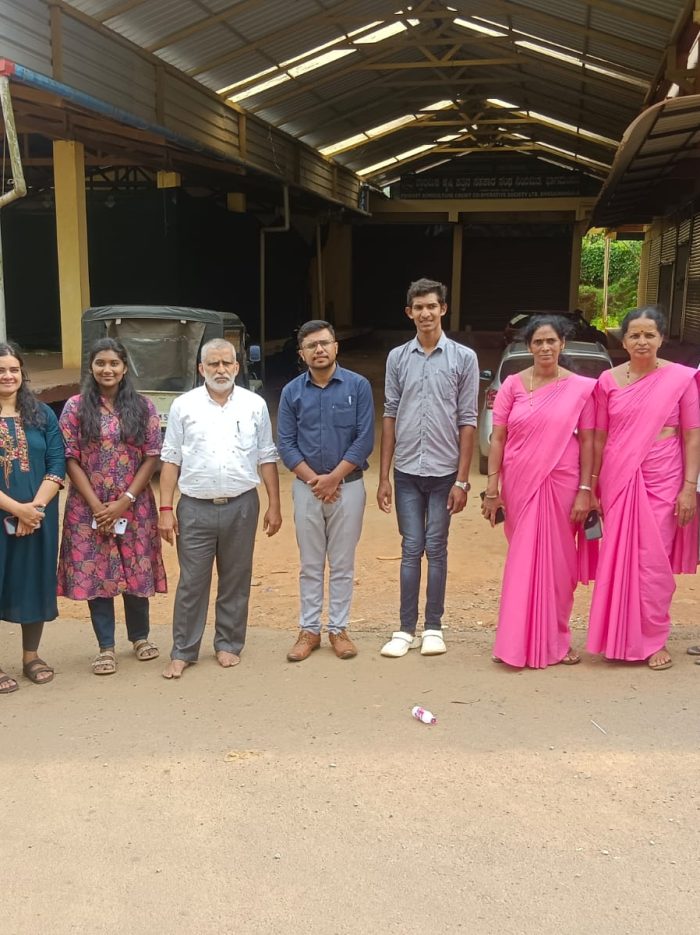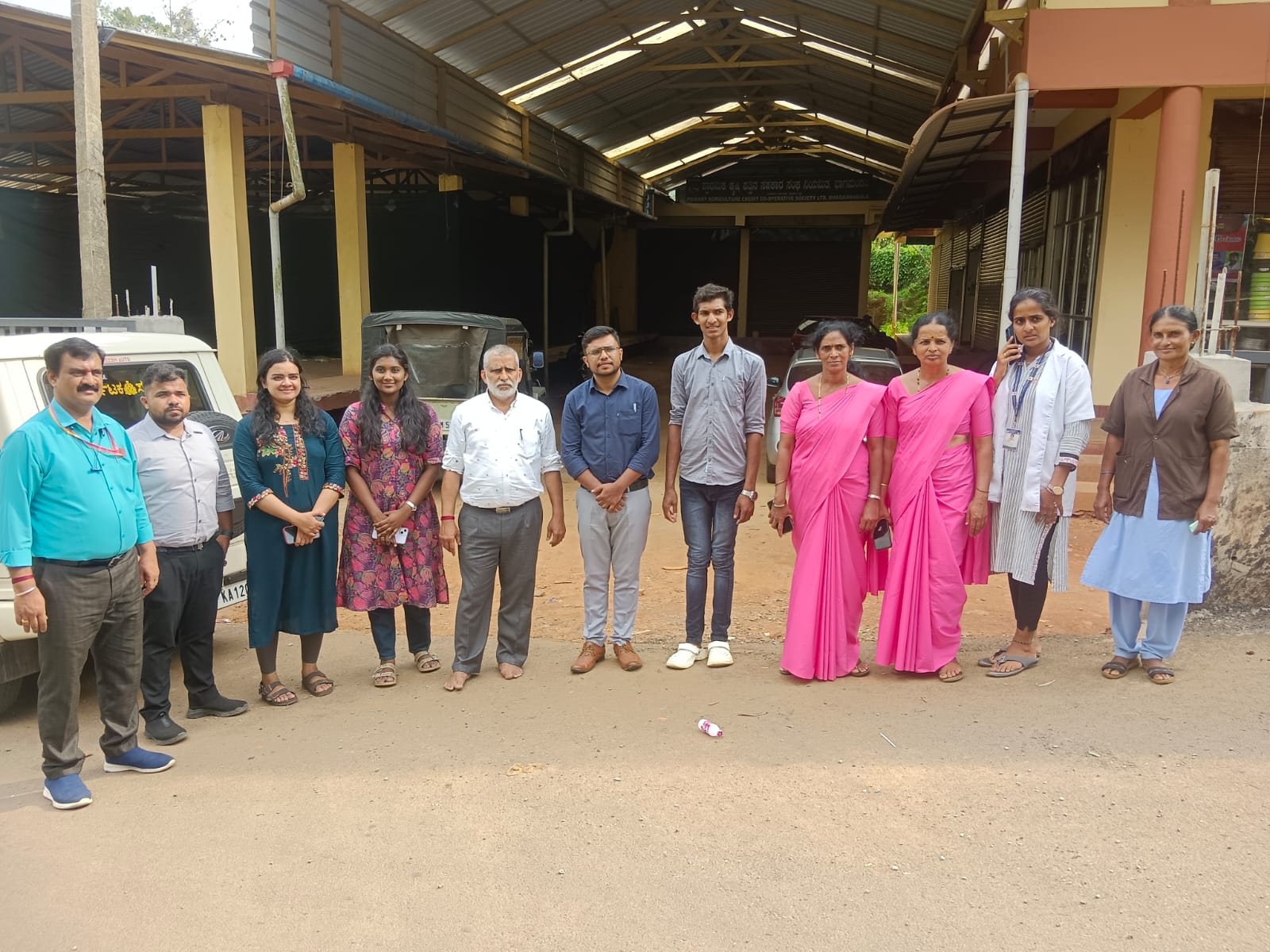
Faculty of Medical & Allied Health Sciences +91-08234-287436 / 287433
- Home
- Institute
- Academics
- General
- Facilities and Activities
- Committees
- Institutional Animal Ethics Committee – (IAEC)
- Institutional Ethics Committee – (IEC)
- ICC (Institutional Curriculum Committee) Committee
- Journal of Medical Sciences and Health (JMSH) Committee
- IQAC (Internal Quality Assurance Cell) Committee
- National Accreditation Board for Testing and Calibration Laboratories Committee
- National Assessment & Accreditation Council (NAAC)
- Students
- GENERAL INFORMATION
- COMMITEES AND CLUBS
- Mentor Ward Committee Pre-Clinical Departments (Phase -1)
- Phase II Mentor Ward Committee
- Mentor Ward Committee Clinical Departments (PhaseIII-Part2)
- Phase 3 Part1 Mentor ward committee
- Cultural Committee
- Code of Conduct Committee
- Women Empowerment Cell
- Student Support Cell
- Skill and Simulation Center
- NSS Unit
- Youth Red Cross unit
- Sports Committee
- Grievance Redressal Cell (GRC)
- Gender Harassment Prevention Committee
- ANTI RAGGING COMMITTEE
- RESULTS
- Departments
- Pre and Paraclinical Departments
- Department of Anatomy
- Department of Physiology
- Department of Biochemistry
- Department of Pathology
- Department of Microbiology
- Department of Pharmacology
- Department of Forensic Medicine & Toxicology
- Department of Community Medicine
- Department of Cardiology
- Department of Clinical Immunology and Rheumatology
- Medicine and Allied Departments
- Surgery and Allied Departments
- Department of General Surgery
- Department of Anaesthesiology
- Department of Obstetrics & Genecology
- Department of Ophthalmology
- Department of Orthopedics
- Department of ENT, Head and Neck Surgery
- Department of Urology
- Department of Surgical Oncology
- Department of Plastic Surgery
- Department of Neurosurgery
- Department of Dentistry
- Pre and Paraclinical Departments
- Hospital
- Research
- NAAC


